International
Supreme Court to Rule on TikTok Ban After Trump’s Request for Delay
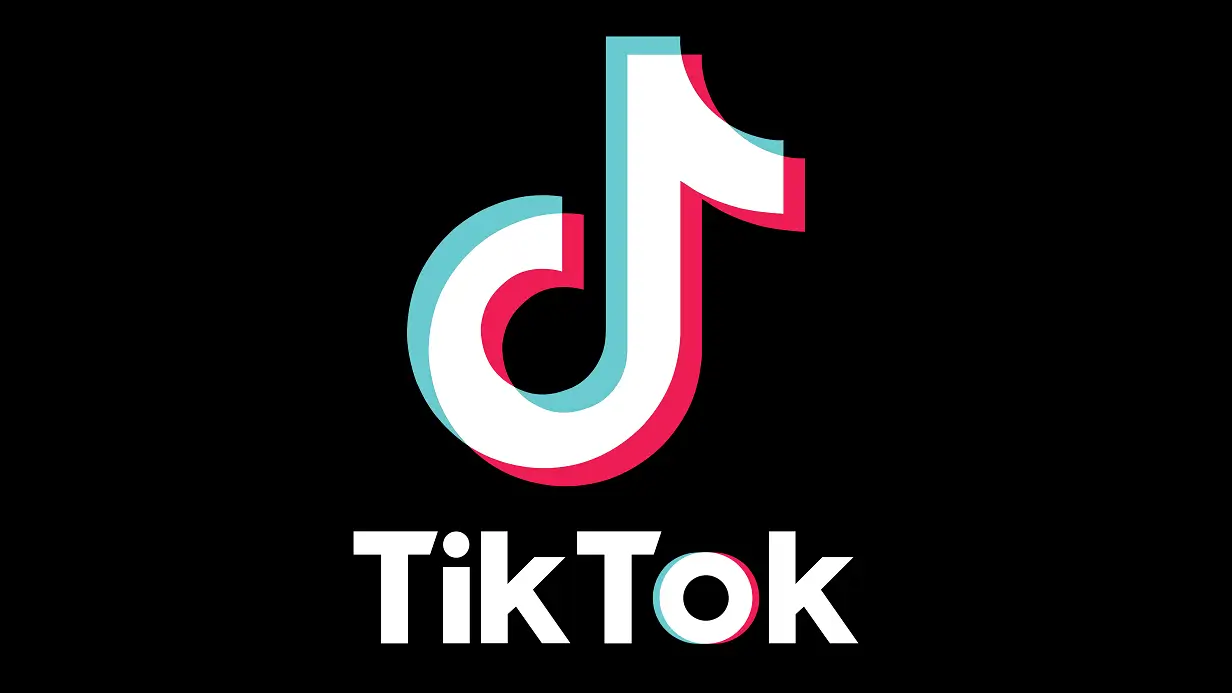
- TikTok challenges US law aimed at banning the app, citing free speech concerns.
- Trump supports delaying enforcement of the law to address national security issues.
- The Supreme Court is set to decide whether to block or enforce the controversial ban.
Lower courts have sided with the government, but the case became more complicated last month when President-elect Donald Trump intervened, requesting that the enforcement of the law be paused to give him time to negotiate a solution.
Legal analysts have said it’s unclear how the Supreme Court will rule, though reversing the earlier decision — even with the backing of a future president — would be unusual. “When a genuine government interest clashes with a core constitutional value, it makes the case very close,” said Saurabh Vishnubhakat, a professor at Cardozo School of Law. “But in close cases, the government often gets the benefit of the doubt.”
EDITOR’S PICKS
- Polaris Bank’s Initiatives Ensure Continuous Education for Over 16,000 Students
- Verydarkman Pranks Nigerians: No N180 Missing From NGO Funds
- Why I Faked Missing N180m — VeryDarkMan
A decision from the Supreme Court could come within days.
Congress passed the law targeting TikTok last year, with support from both Democrats and Republicans. This move followed years of growing concern over the platform, known for its viral videos and popularity among younger audiences. The law doesn’t ban TikTok outright but would force tech companies like Apple and Google to remove it and block updates, effectively leading to its demise.
TikTok is already banned from government devices in many countries, including the UK, and faces more complete bans in countries like India. The US argues that TikTok poses a “grave” national security threat, alleging that the Chinese government could compel its owner, ByteDance, to hand over user data or manipulate the content shown to users in line with Chinese interests.

A three-judge appeals court upheld the law last December, citing China’s history of influencing private companies and labeling the measure as part of a broader strategy to counter a well-established national security threat.
TikTok, however, denies any influence from the Chinese Communist Party, arguing that the law violates First Amendment rights by restricting free speech. The company has asked the Supreme Court to either strike down the law or pause its enforcement, stating that it was based on “inaccurate, flawed, and hypothetical information.”
Though Trump had previously supported a TikTok ban during his first term, his stance shifted on the campaign trail. In a brief filed last month, Trump’s lawyers did not take a position on the legal issue but highlighted the “unprecedented” tension between free speech and national security concerns. The brief also noted that Trump “opposes banning TikTok” and hopes to address the issue through political means once he takes office.
The filing occurred less than two weeks after President-elect Trump met with TikTok’s CEO at Mar-a-Lago.

TikTok
Trump’s significant donor, Jeff Yass of Susquehanna International Group, holds a major stake in TikTok. However, Trump’s Secretary of State nominee, Florida Senator Marco Rubio, supports banning the platform.
Among potential buyers of TikTok are Trump’s former Treasury Secretary Steven Mnuchin and former LA Dodgers owner Frank McCourt.
Attorney Peter Choharis, from the Foundation for Defense of Democracies, expressed uncertainty about how the conservative-majority court might rule, noting recent decisions that have overturned long-standing precedents. Despite this, he believes that even if Trump tries to broker a deal, a ban is likely, as he doubts ByteDance will agree to any satisfactory terms.
FURTHER READING
- Why We Must Increase Call, Data Tariffs In 2025 – Telecoms Operators
- 19 Year old Arraigned in Kaduna for Allegedly Stabbing Uncle
- Diversify or Face Poverty: Abbas Calls for Economic Shift
The potential ban has sparked outrage among many TikTok users, with some filing legal challenges. Their filing argues that the possibility of banning TikTok due to the platform’s influence over American opinions contradicts the First Amendment.
Additional groups like the ACLU and Freedom of the Press Foundation have joined the case, stating that the US has failed to provide credible evidence of harm caused by TikTok.
Choharis emphasized that the issue isn’t about free speech but rather about national security, asserting that the Chinese government’s influence over TikTok poses a strategic threat.
Click here to watch our video of the week:
Advertise or Publish a Story on EkoHot Blog:
Kindly contact us at [email protected]. Breaking stories should be sent to the above email and substantiated with pictorial evidence.
Citizen journalists will receive a token as data incentive.
Call or Whatsapp: 0803 561 7233, 0703 414 5611


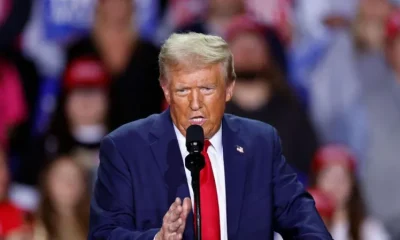

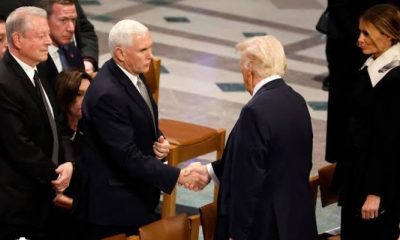

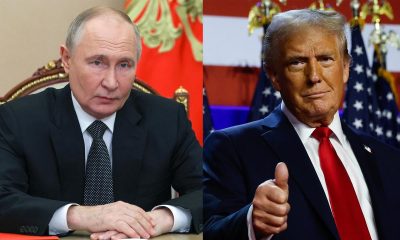

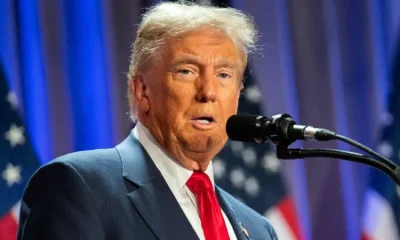


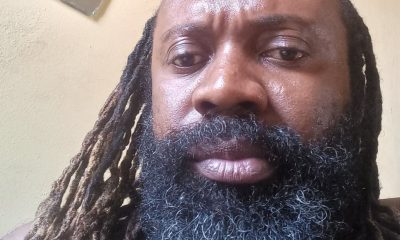







You must be logged in to post a comment Login